Winter’s approach ushers in a transforming energy that affects all living things, including our devoted canine companions, as the sun sets, and a chilling frost descends upon the earth. Recognizing signs of Stress in Dogs, such as excessive panting or pacing, is crucial for their well-being.The story of the magic of winters for dogs is complex, entwined with both challenges and enchantment. Winter brings with it several distinct stressors that might have an effect on our canine friends, despite the fact that the snowy landscapes and energizing breezes can inspire a sense of wonderment. Giving them the best care and ensuring their well-being during these chilly months requires an understanding of the delicate balance between the magic and Stress in Dogs of winter. Winter transforms the environment into a new palette of whites and greys, captivating the senses with its enchanting metamorphosis.
In addition, winter’s charm transcends the tangible. Dogs are naturally tuned in to the cyclical patterns of the seasons and may adapt to these cycles. Dogs develop a strong connection to their environment during this time of year, which enhances their sensory perceptions and helps them form enduring bonds with their human companions when they participate in winter activities together. Stress in Dogs can manifest through various behaviors like barking, chewing, or even aggression. Winter may have an allure, but it hides a complex web of difficulties that can stress out our canine friends. Language is frequently a useful tool for verbalizing, describing, and analyzing human stress. Dogs, on the other hand, largely use nonverbal signs to communicate, making it occasionally challenging to pinpoint stressors.
Let’s learn more in today’s blog about stress, especially how it affects dogs throughout the winter season.
Dogs’ reactions to stress are an amazing convergence of physiological and psychological processes that have remarkable similarities to those of humans while still preserving their distinct canine characteristics. Stress is fundamentally a sophisticated combination of hormonal cascades and emotional states that has a significant impact on a dog’s health. Dogs feel stress as a reaction to difficult circumstances, both internal and external, just like humans do. These circumstances, which can include strange surroundings, routine changes, loud noises, and social dynamics, set off a chain of physiological responses that prime the body for a “fight or flight” response. The similarities between stress in people and dogs are highlighted by their shared foundation. But even though the basic stress response is similar, dogs’ expressions of stress are subtle and unique. Stress manifests uniquely in each dog, with subtle shifts in behaviour often revealing their emotional states.
Dogs exhibit signs of stress differently as compared to humans. For instance, dogs show signs through body language, barking, and so on. They may exhibit signs indicative of stress such as :
It’s important to be aware of these little differences because they serve as the canvas on which stress creates the canine tale.
Dogs and humans both experience stress physiologically, and both emit stress chemicals like cortisol and adrenaline. These hormones provide increased alertness and action preparedness. Canine physiology, however, differs in notable ways. Due to their highly developed senses, dogs may be able to pick up on minute environmental cues, which would increase their stress levels. Additionally, their great sense of smell allows them to spot changes that people are unable to notice, which might cause stress reactions to be sparked by smells we might miss.
The same winter that is enjoyable can also hide dangers, such as frozen ponds and unnoticed barriers put in place by stress. Proper socialization and exercise can help reduce Stress in Dogs, promoting a healthier life. Dogs’ health can be at risk in cold weather, especially those with short coats or smaller frames that are more prone to hypothermia or frostbite. Their stress levels can be further exacerbated by skin irritation and discomfort brought on by dry, chilly air.
Striking a balance between the allure and the pressures that this season brings is essential if dogs are to properly experience the majesty of winters. The wellbeing of dogs during the winter is mostly dependent on their owners. As responsible pet owners, it is also vital to anticipate and address sources of stress related to winter celebrations and reduce stress in animals by taking particular measures, such as-
The importance of a consistent and encouraging presence cannot be overstated, as pets look to their dependable friends for comfort and security. Dogs benefit from measures that consider their sensory preferences, much as humans can reduce stress using a variety of techniques, such as mindfulness exercises and social support. Stress can be greatly reduced by engaging them in interactive play, providing safe settings, and keeping regular routines.
As we walk the path of compassion and understanding, we acknowledge that our canine companions have a particular set of difficulties when it’s cold outside. Stress in Dogs can manifest through behaviours like excessive barking and chewing. But by tying together warmth, tenderness, and attention, we can harmonize the melody of their wintertime encounters. Let us be the beacon that leads them through the darkness, providing consolation and solace when the outside world appears overwhelming. Finally, let us stand together in our pledge to protect the welfare of these beloved companions as winter’s hold gives way to the promise of a new season.
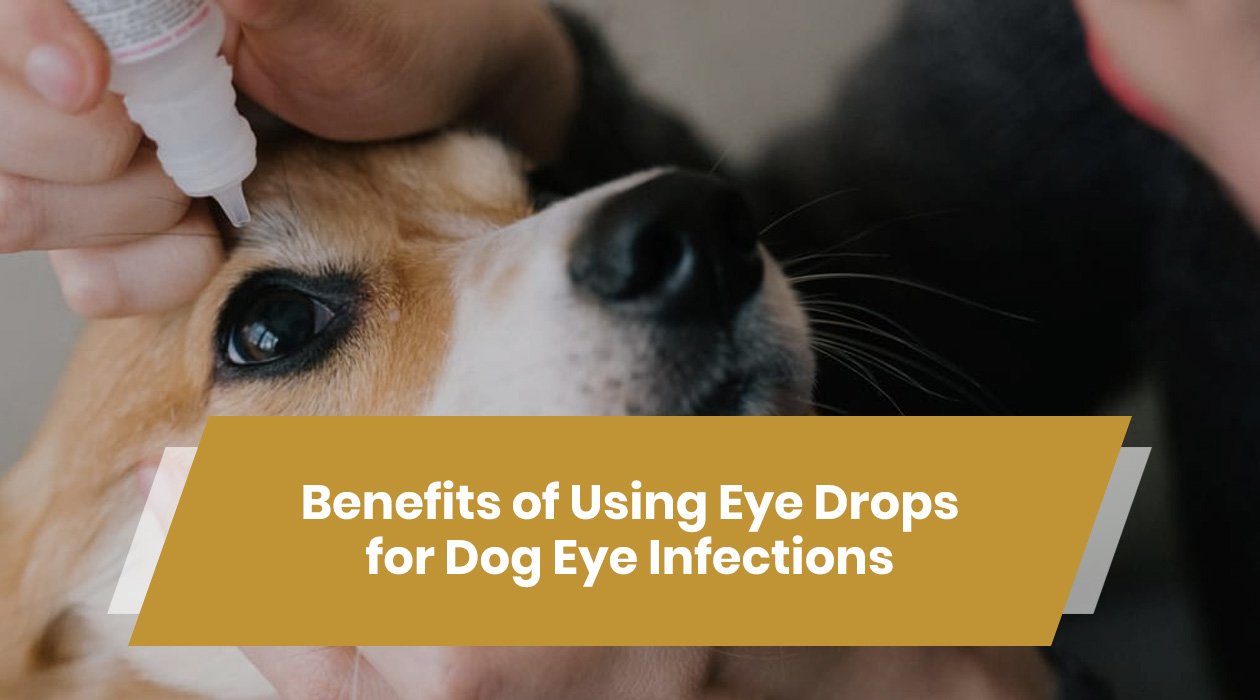
 Australian Shepherd
Australian Shepherd Beagle
Beagle Belgium Shepherd
Belgium Shepherd Bernese Mountain Dog
Bernese Mountain Dog Border Collie
Border Collie Boxer
Boxer Bulldog
Bulldog Cavalier King Charles Spaniel
Cavalier King Charles Spaniel Chihuahua
Chihuahua Cocker Spaniel
Cocker Spaniel Dachshund
Dachshund Doberman Pinscher
Doberman Pinscher Dogo Argentino
Dogo Argentino French Bulldog
French Bulldog German Shepherd
German Shepherd Golden Retriever
Golden Retriever Great Dane
Great Dane Himalayan Shepherd
Himalayan Shepherd Indie Dogs
Indie Dogs Labrador Retriever
Labrador Retriever Pakistani Bully
Pakistani Bully Pembroke Welsh Corgi
Pembroke Welsh Corgi Pitbull
Pitbull Pomeranian
Pomeranian Poodle
Poodle Pug
Pug Rottweiler
Rottweiler Shih Tzu
Shih Tzu Siberian Husky
Siberian Husky Yorkshire Terrier
Yorkshire Terrier Australian Shepherd
Australian Shepherd Beagle
Beagle Belgium Shepherd
Belgium Shepherd Bernese Mountain Dog
Bernese Mountain Dog Border Collie
Border Collie Boxer
Boxer Bulldog
Bulldog Cavalier King Charles Spaniel
Cavalier King Charles Spaniel Chihuahua
Chihuahua Cocker Spaniel
Cocker Spaniel Dachshund
Dachshund Doberman Pinscher
Doberman Pinscher Dogo Argentino
Dogo Argentino French Bulldog
French Bulldog German Shepherd
German Shepherd Golden Retriever
Golden Retriever Great Dane
Great Dane Himalayan Shepherd
Himalayan Shepherd Indie Dogs
Indie Dogs Labrador Retriever
Labrador Retriever Pakistani Bully
Pakistani Bully Pembroke Welsh Corgi
Pembroke Welsh Corgi Pitbull
Pitbull Pomeranian
Pomeranian Poodle
Poodle Pug
Pug Rottweiler
Rottweiler Shih Tzu
Shih Tzu Siberian Husky
Siberian Husky Yorkshire Terrier
Yorkshire Terrier Abyssinian
Abyssinian American Bobtail
American Bobtail American Shorthair
American Shorthair Balinese Cat
Balinese Cat Bengal Cat
Bengal Cat Birman
Birman Bombay Cat
Bombay Cat British Longhair
British Longhair British Shorthair
British Shorthair Burmese Cat
Burmese Cat Devon Rex
Devon Rex Exotic Shorthair
Exotic Shorthair Himalayan Cat
Himalayan Cat Maine Coon
Maine Coon Oriental Shorthair
Oriental Shorthair Persian Cats
Persian Cats Ragdoll
Ragdoll Scottish Fold
Scottish Fold Siamese Cat
Siamese Cat Siberian Cat
Siberian Cat Sphynx Cat
Sphynx Cat


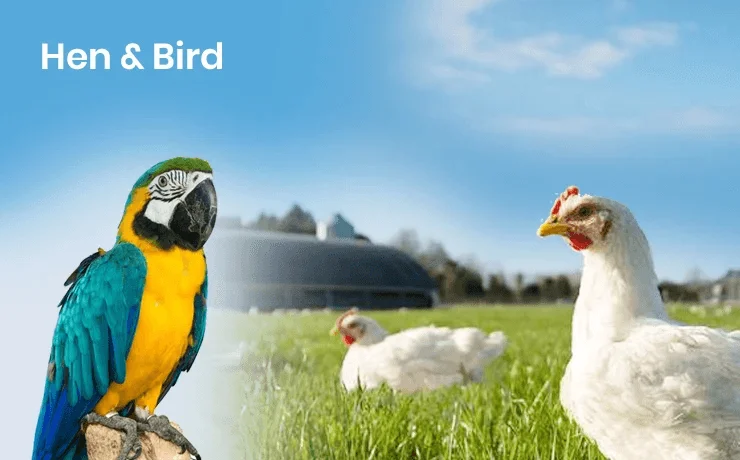

















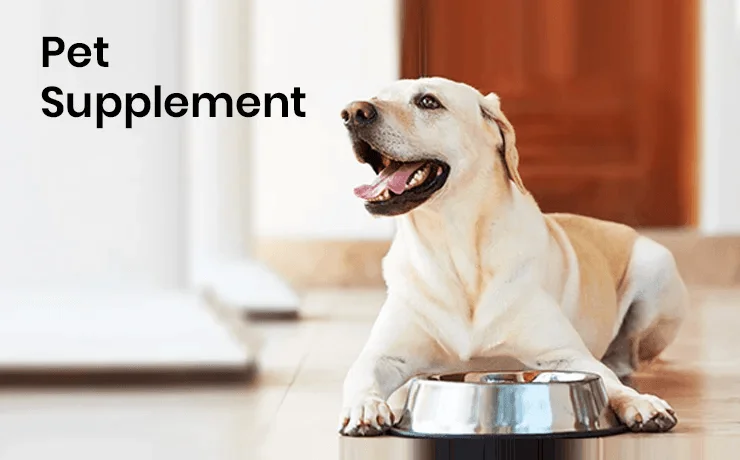




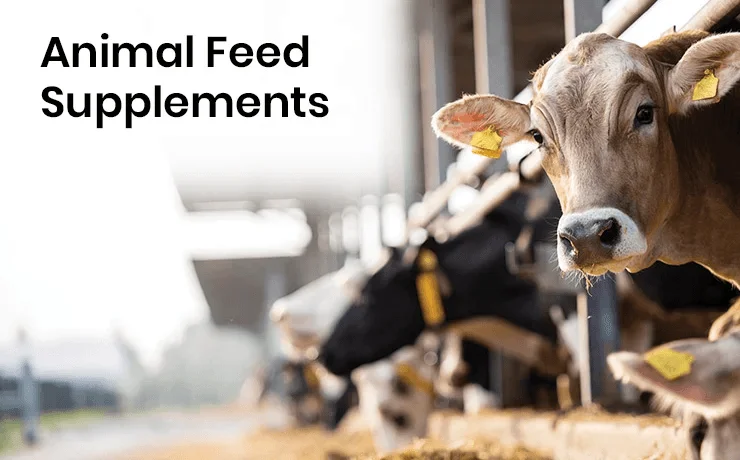


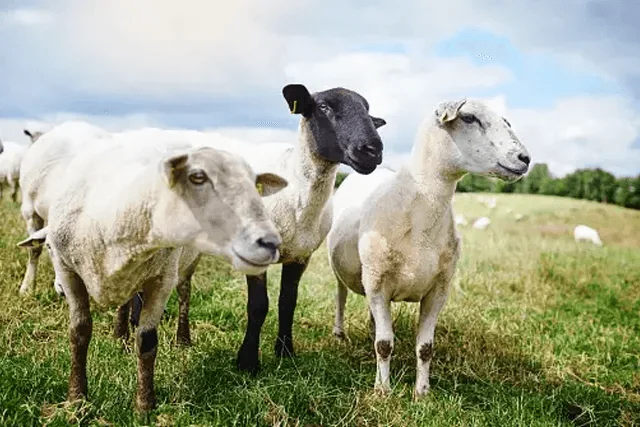




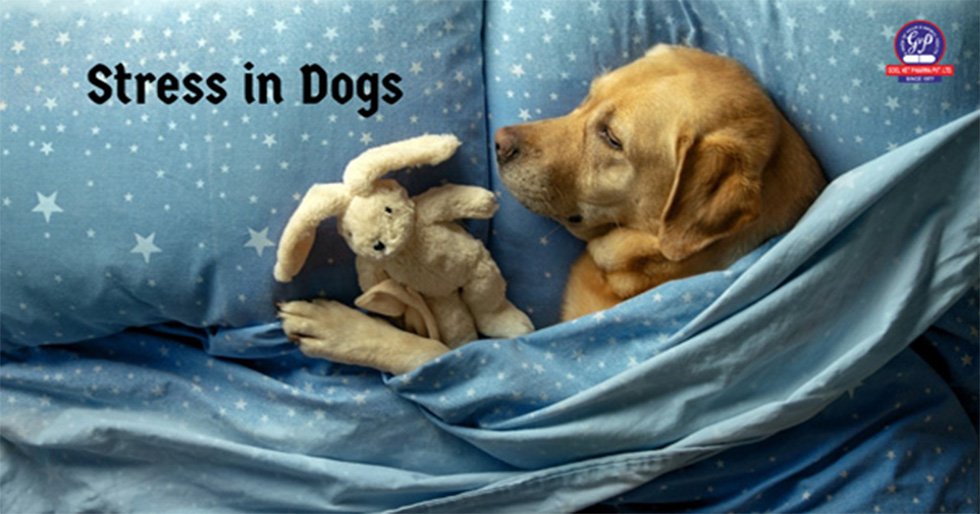
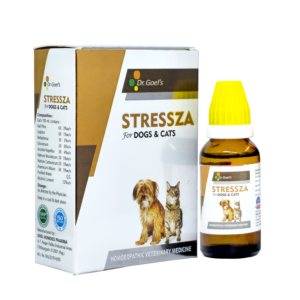

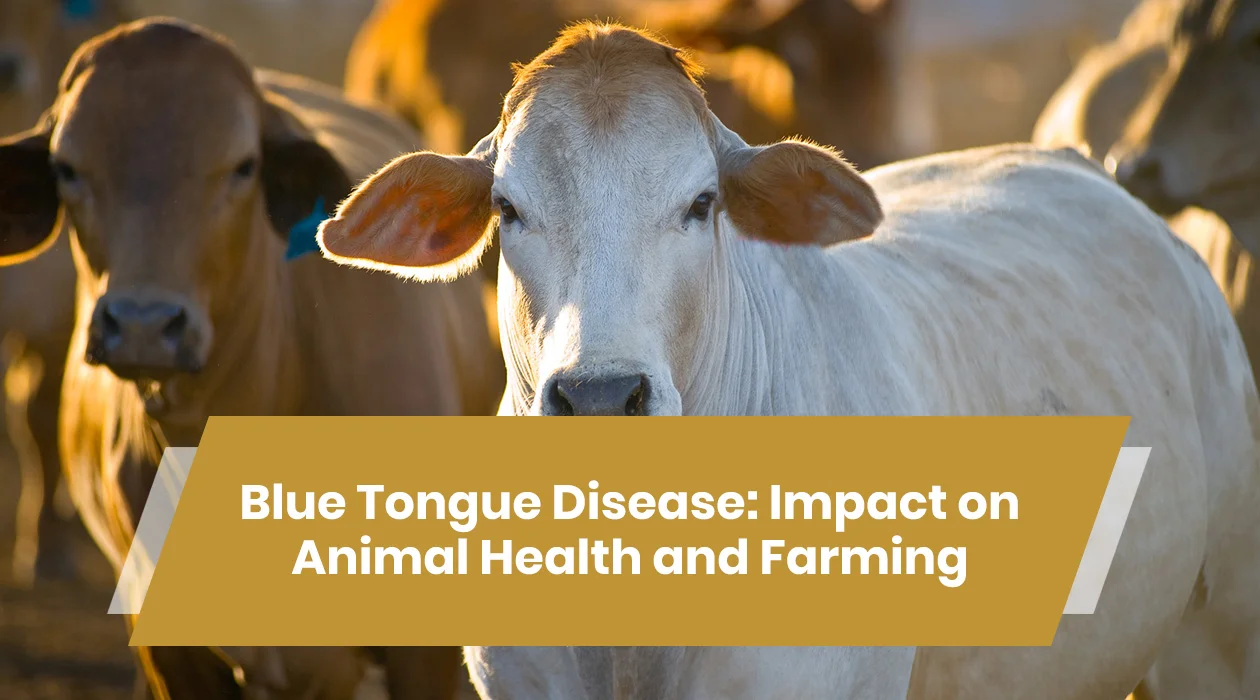
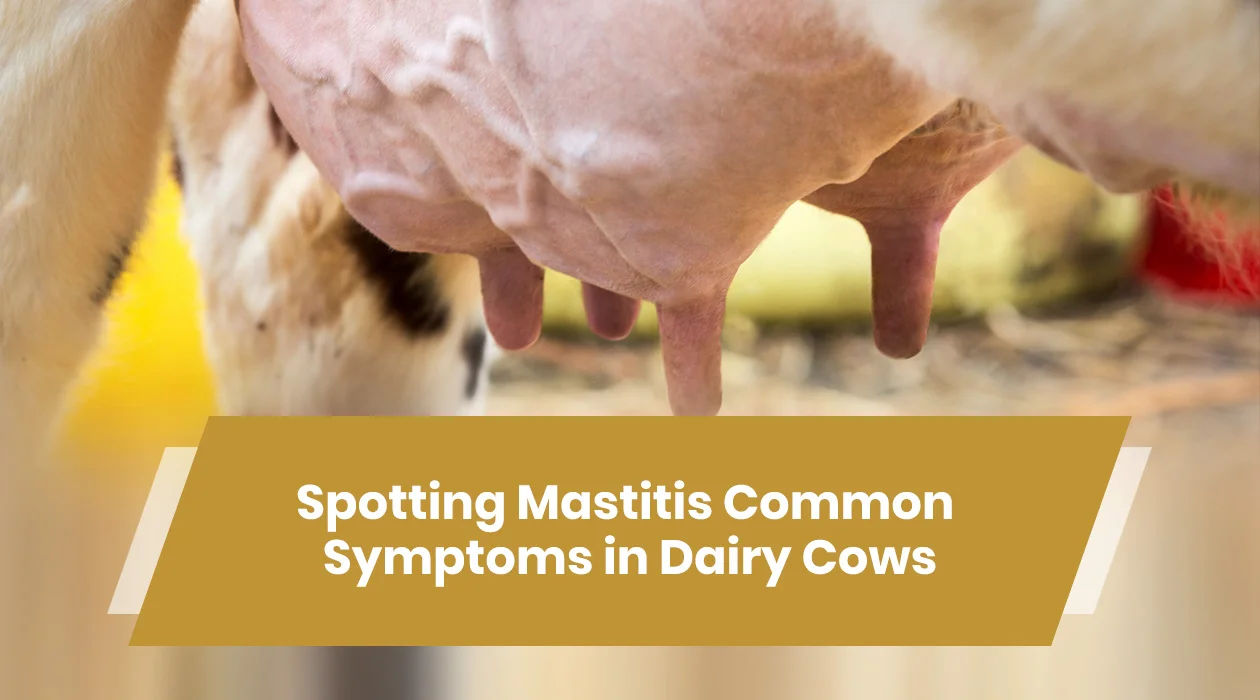
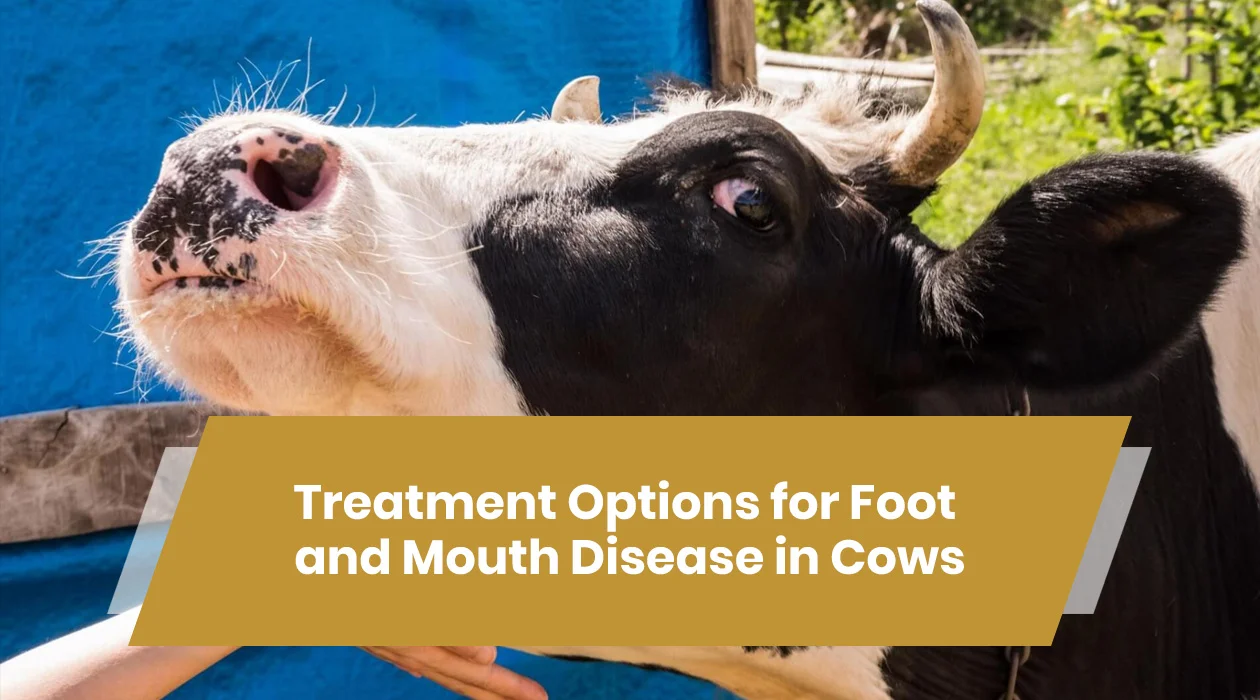



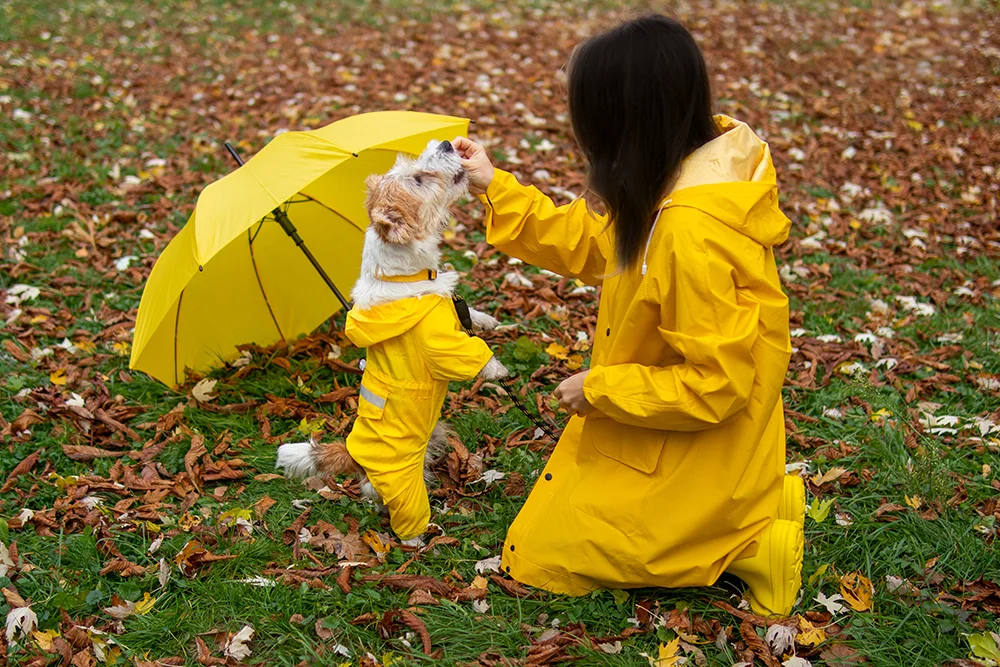
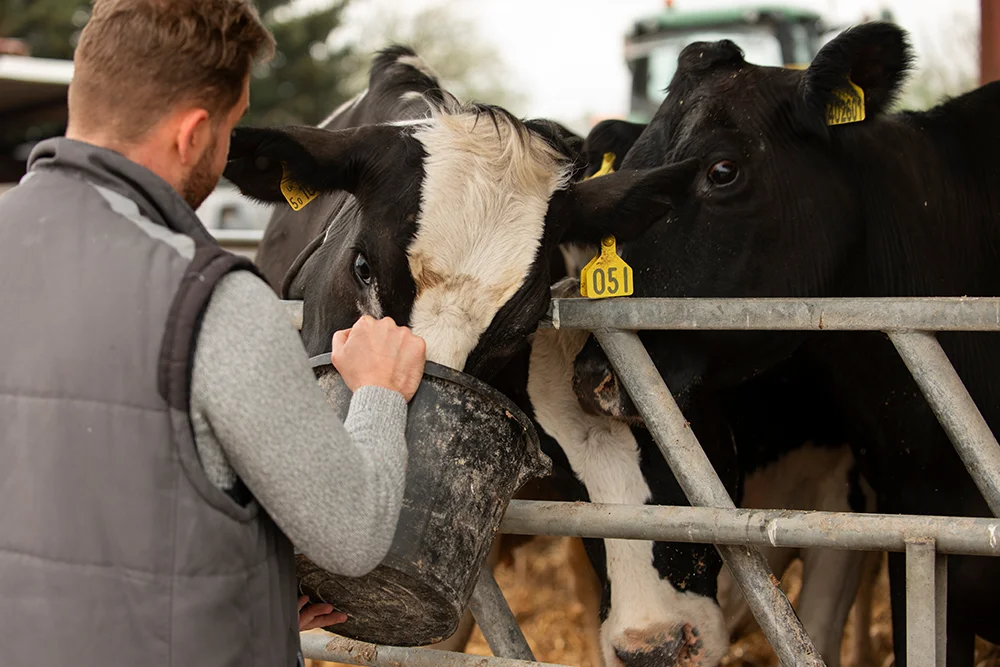






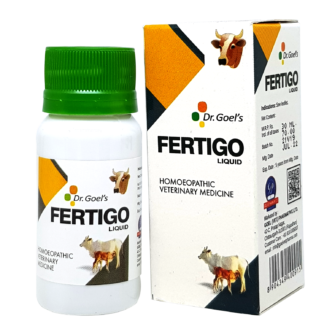









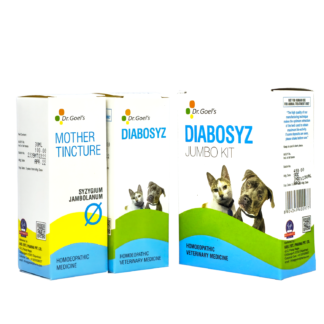
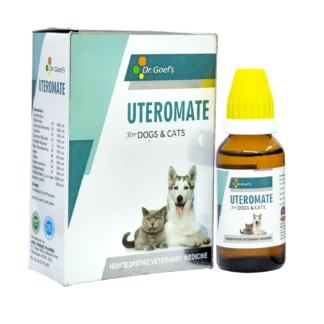
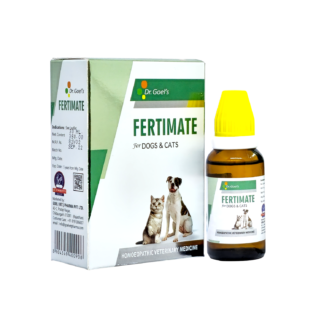
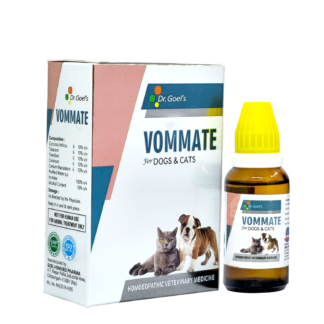



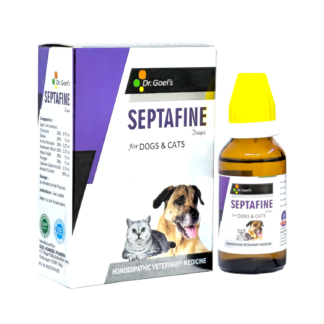

1 thought on “Warm Hearts, Calm Paws: Strategies for Easing Winter Stress in Dogs | STRESSZA for PETS”
[…] excessive barking, and even physical ailments. Fortunately, one powerful tool in preventing stress in dogs is socialization. In this article, we will explore the significant role that socialization plays in […]